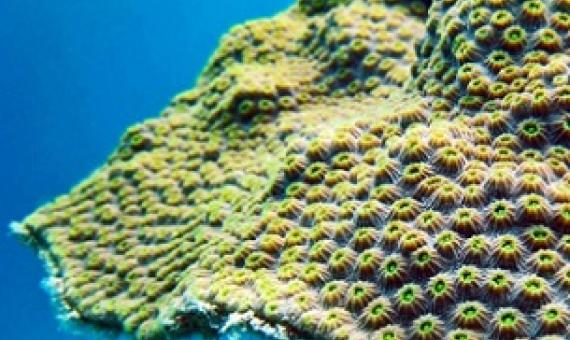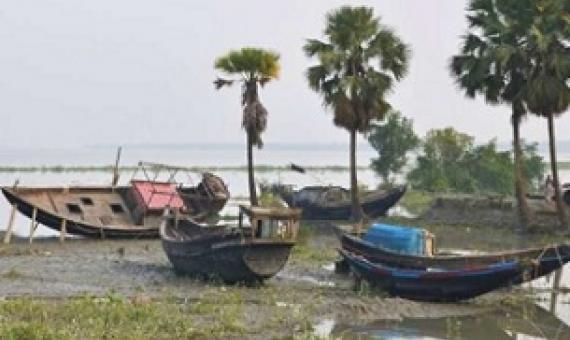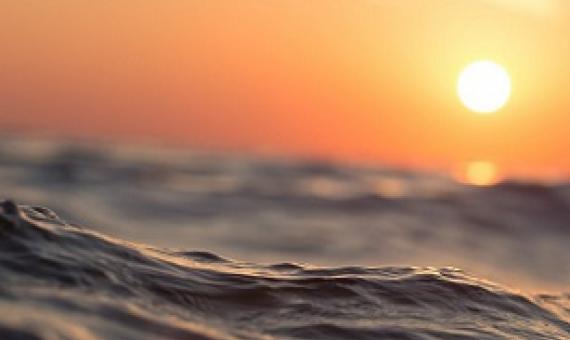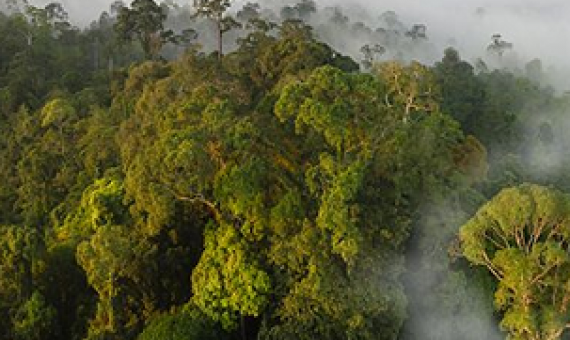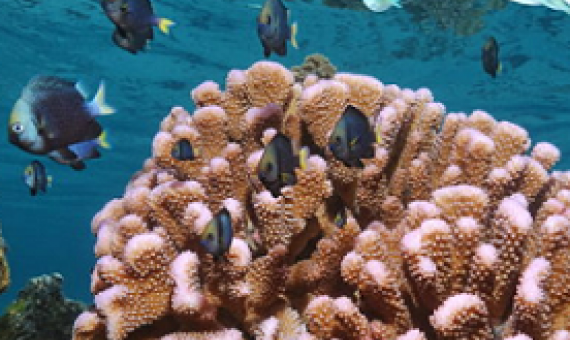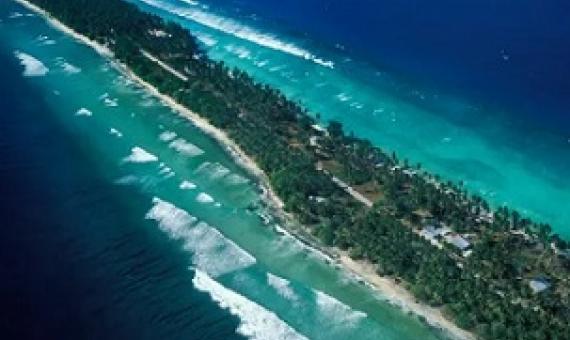How resilient corals are in response to climate change could depend in part on the already scarce amount of iron available in their environment, according to a new study. The study reveals that the combination of hot water temperatures and low iron levels compromises the algae that live with
A sustainable ocean economy in 2030: Opportunities and challenges
In this report the World Ocean Initiative assesses the challenges facing key sectors in the ocean economy, including seafood, shipping, tourism and renewable energy. We look at the role of banks and investors in financing the transition towards clean, low carbon technologies, as well as opportunities in data and analytics. We examine solutions to marine plastic pollution from source to sea, and the ocean’s potential to remove carbon from the atmosphere and increase resilience to the impacts of climate change.
Plants and fungi hold promise as future medicines, fuels and foods, according to the Royal Botanic Gardens, Kew. But opportunities are being lost to use this "treasure chest of incredible diversity" as species vanish due to habitat destruction and climate change.
Millions of years ago, fire swept across the planet, fueled by an oxygen-rich atmosphere in which even wet forests burned, according to new research by CU Boulder scientists.
The Pacific has presented a united front to world leaders at the UN General Assembly this year.
An article in 2011 shocked many by suggesting that up to 187 million people could be forced to leave their homes as a result of two meters of sea level rise by 2100.
Heatwaves in the world's oceans have become over 20 times more frequent due to human influence. This is what researchers from the Oeschger Center for Climate Research at the University of Bern are now able to prove.
Allowing forests to grow back naturally should be regarded alongside other measures like large-scale tree-planting as a critical nature-based approach to mitigating climate change, according to a major new study that maps potential above-ground carbon accumulation rates for forest regrowth across
The underlying structures of the reefs -- which are home to a multitude of aquatic life -- could fracture as a result of increasing ocean acidity caused by rising levels of carbon dioxide.
My country joined the United Nations nearly 30 years ago, in September 1991. But unless my fellow member states take action, we may also be forced from it: the first country to see our land swept away by climate change.

